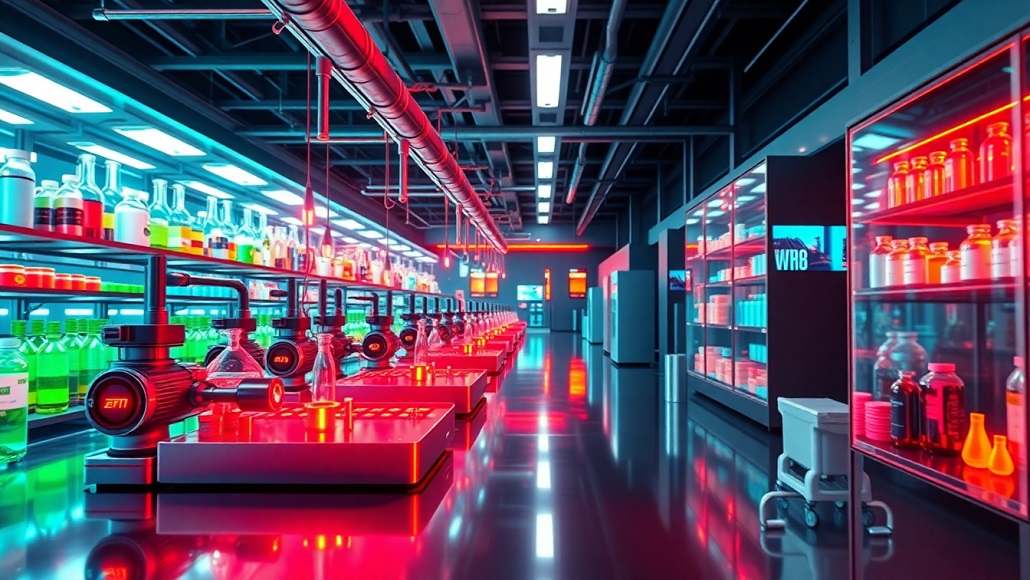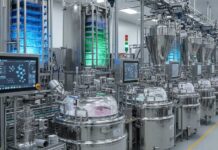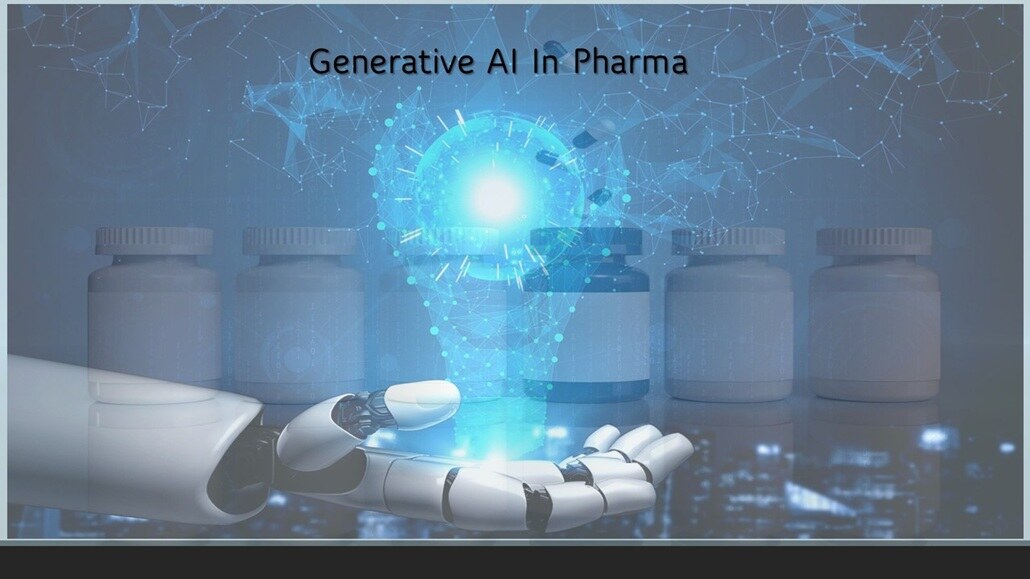Regarding the readiness of the life sciences sector to successfully use generative AI in terms of infrastructure, regulatory considerations, and expertise, 67% of pharmaceutical DX-digital transformation specialists said they were not ready. This is based on fresh data released by Axendia Market Research. Of those employed in research and development, 43 percent overall agreed with this assessment.
The study involved over half of the 200 total participants projecting that it would be more than four years before generative artificial intelligence became popular in their functional area.
At least in the biopharmaceutical sector, early public use cases of artificial intelligence have started from research and development (R&D), and more especially with target identification and molecular design. The public now has access to these use cases. Beyond discoveries and designs, where are the use cases when it comes to the manufacturing of biologics, quality control systems, supply chain management, and operations, and what is stopping one from moving forward?
Artificial intelligence applied in biopharmaceutical manufacturing
In terms of both the quality of the products and the efficiency with which they are created, a startling 79% of individuals who answered the study said generative artificial intelligence has the power to revolutionise the field of medicine manufacture. On the other hand, the reality that barely five percent of respondents say they are current users of generative artificial intelligence suggests an evolutionary rather than revolutionary picture.
Actually low hanging as per industry, the application fruit is sort of a far-fetched process of modelling and simulation in which more than a quarter of the respondents indicated generative artificial intelligence is happening to be the most useful of everything it is feasible to be. It also happens to be a field in which most pharmaceutical businesses have a wealth of data, a resource thought to be crucial for artificial intelligence.
Process optimisation, which accounts for 19% of the total, pharmaceutical synthesis and formulation, which accounts for 12%, and real-time monitoring, which accounts for 10% of the total, are the top four prospects that happen to be most highlighted.
Apart from the data availability, there is another reason why modelling and simulation are regarded as the first and even the best opportunity when it comes to generative artificial intelligence to make an impact on the pharmaceutical business. When a change in the formulation, technique, or tracking is under discussion, the discipline least affected by outside influences—which results in a stop in the process—is the one under consideration. Although the most crucial of these elements should go without saying, the reality is that regulatory influence is the most often occurring one. Nonetheless, the numbers do reflect the reality, which is that 69% of those who answered the Axendria poll went on to say that the most important issue or obstacle in terms of applying generative artificial intelligence within the framework of the drug manufacturing sector is worries over regulatory compliance. In terms of the difficulty or obstacle category, data security and staff expertise—or lack thereof—tie for a second position at 36%. This emphasises how equally crucial all these elements are. The degree of knowledge existing between the employees and the C-suite indicates a clear difference between the two groups. Of the C-suite executives asked how familiar they are with the concept of generative artificial intelligence, 82% answered they were quite at ease with it. But as the question went down the ranks, their trust started to wane; 62% of the vice presidents and general managers and 31% of the individual contributors responded in the positive. Of the directors and department heads who answered the same question, just 23% agreed.
Management of pharmaceutical supply networks using artificial intelligence
A third of the respondents to the Axendia Market Research report claimed they are looking for artificial intelligence (AI) as a means of gaining an advantage to help to avoid future supply chain management crises. This is so because the effects of the pandemic supply chain still cause them disturbance. Many applications, most notably demand forecasting, predictive analysis, and inventory management, depend on generative artificial intelligence to be of benefit. About 77% of the respondents said they are not now using AI-driven technologies or other analytical techniques to control supply chain resilience. This contrasts with the 56% of respondents who said they are either very confident or confident that artificial intelligence may very well improve supply chain resilience and efficiency.
One should start with the disparities in the supply chain. Regarding retail, one should keep in mind that the dominating players are the stores. Walmart seems capable of enough persuasion to force every one of its suppliers to either go to Amazon or follow their requests. When this kind of power is applied, data collecting and the following analysis are very simple. In the world of life sciences, there is no other power existing apart from the selected few people at the top of the biopharmaceutical pyramid.
AI in respect to systems of quality management (QMS) Within the Axendia report, post-market surveillance and quality management systems (QMS) occurred to gather to great degrees of support for generative artificial intelligence solutions. Seventy-seven percent of the respondents went ahead and said that performance reporting as well as metrics enhancement, as well as efficiency, had great potential. Conversely, at only 12%, the present adoption rate of technology for that particular use is quite low.
This is yet another example of a technological application in an area rich in data; nonetheless, the quality and management of that particular data are what cause the people contemplating using it to stop. Of those who took part in the study, shockingly 88 percent said they thought generative artificial intelligence could lead to some possible quality issues.
Regarding the operations in the laboratory
Especially noteworthy is the fact that generative artificial intelligence technology is most often used in data analysis in the framework of laboratory activities. Though seventy percent of those who answered the poll believe that the technology has the potential to revolutionise the laboratory process in terms of both its efficiency and its quality, only two out of ten respondents claimed that they are now employing it. With 94% of respondents saying that such activities will benefit from artificial intelligence, data analysis and interpretation seems to be leading the way. With 54% of respondents saying they would most benefit from the AI, workflow and process optimisation comes in a far second.





























